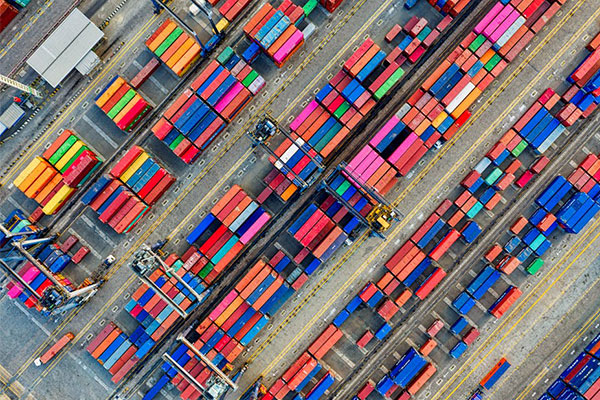1. European UnionAEOSystem Overview
The EU's Authorised Economic Operator (AEO) system is designed to enhance the security and convenience of international supply chains and is managed by the Directorate-General for Taxation and Customs Union of the European Commission. Since its implementation in 2008, the system has allowed companies involved in customs activities to obtain certification throughout the EU and enjoy a range of customs clearance conveniences.
II. Characteristics and advantages of the AEO system
1. Wide applicability
AEO qualification applies to a variety of operators, including manufacturers, importers, exporters, customs brokers, etc., covering almost all entities involved in the international supply chain.
2. Full coverage of the supply chain
The EU emphasizes that the AEO system focuses not only on individual companies, but on the entire goods supply chain, including partners and service providers.
3. Clear regulatory measures
The granting of AEO status is accompanied by strict supervision and regular reassessment to ensure that certified companies continue to meet high standards of safety and compliance requirements.
4. Release advantages
Companies that obtain AEO certification enjoy priority in customs processing, such as fast-track, reduced physical inspections and document reviews.
3. AEO certification process and requirements
1. Application process
(a) Online Application: Applicants submit an application form and a self-assessment form via the EU Trader Portal.
(b) Preliminary review: The Customs AEO Coordinator conducts a preliminary review and seeks the opinions of the customs authorities of other member countries.
(c) On-site verification: involves an on-site audit of the enterprise to assess its degree of compliance with the AEO requirements.
2. Certification standards
Enterprises applying for AEO certification must meet the following basic conditions:
(1) No record of serious violation of customs regulations.
(2) Have a sound business and transportation record management system.
(3) Good financial solvency.
(4) The professional ability or qualifications meet the requirements.
(5) Comply with high standards of safety management.
3. Conditions and supervision
Once an enterprise obtains AEO status, it must undergo regular supervision and reassessment by customs. AEO status may be revoked or suspended due to violation of regulations or at the enterprise’s own request.
IV. Strategic Significance
The AEO system not only facilitates customs clearance for enterprises, but also improves their competitiveness in international trade. Obtaining this status demonstrates the high standards of the enterprise in safety and compliance management, which helps to enhance the trust of customers and partners.
5. Strategic considerations for applying for AEO
Before applying for AEO certification, companies should fully evaluate their business model, compliance capabilities and partnership with customs. In addition, they should consider the resources and commitment required to maintain the AEO standards in the long term to ensure that they can maximize the benefits they can obtain.
The EU's AEO system encourages companies to improve their management and operational standards by simplifying procedures and providing more security guarantees. This not only helps to improve customs administrative efficiency, but also promotes the security and convenience of global trade.



 Follow customer service WeChat
Follow customer service WeChat